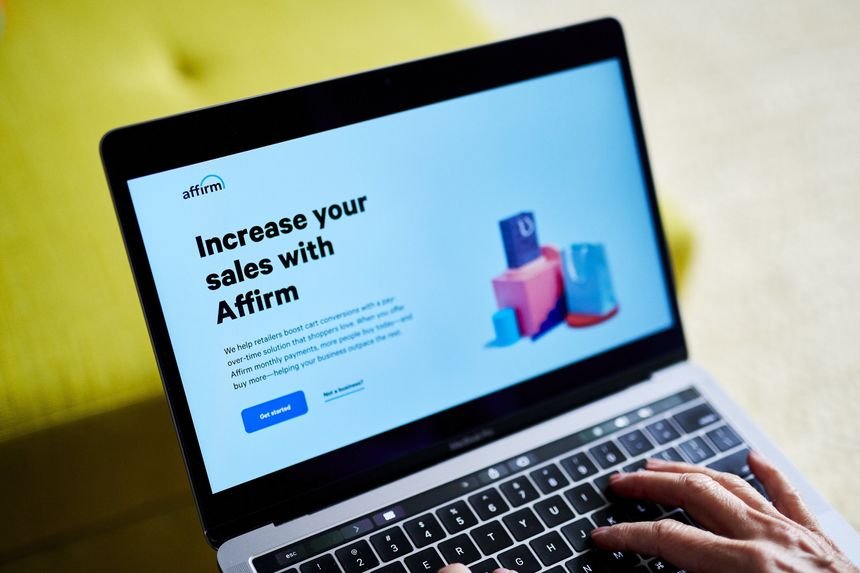Shares of buy now, pay later (BNPL) firms fell on Thursday as investors digested news of Apple’s entry into the space (AAPL: NYSE). During its Worldwide Developers Conference, the iPhone maker announced plans to launch Apple Pay Later.
This service would allow users to pay for things over monthly installments without interest, in addition to already existing mobile payments and credit cards already being offered on the platform. Apple said it will handle lending and credit checks for Apple Pay Later through an internal subsidiary, taking Goldman Sachs (GS:NYSE) — which has previously worked with the firm on its credit card — out of the equation
The tech company’s intrusion into the fintech space adds more salt to a sector battered by multiple injuries. Apple’s Pay Later presents a direct challenge to existing BNPL platforms such as Affirm (AFRM:NASDAQ) and Block (SQ:NYSE), owners of AfterPay and PayPal (PYPL:NASDAQ). Word on the street is that a $2 trillion company and the world’s second-largest smartphone manufacturer, could draw clients away from existing companies offering such services.
These fears are not without merit given that Apple lives in the pockets of over 1.2 billion people through its iPhone, which gives the company has a real chance to disrupt the progress of current BNPL leaders. Shares of Affirm have sunk 17% so far this week on the news. The company’s stock closed 9% lower at the end of Thursday’s trading session. PayPal and Block dropped 3.8% and 9.6% respectively.
The fintech space is getting crowded with lots of new players still entering the market. While there’s enough room in the market for different companies to compete, Apple’s Pay Later scheme would still face the same potential headwinds bedeviling other BNPL platforms.
BNPL companies are already under heavy pressure from geopolitical tensions, regulatory scrutiny, and rising interest rates. Climbing borrowing costs has already made debt more expensive for some BNPL firms. Last month, Klarna laid off 10% of its global workforce, blaming the war in Ukraine and fears of a recession.
Already credit card debt is at its highest level in two years, as the Fed has pulled back stimulus packages. Unpaid card balances are up year over year, reaching $841 billion in the first three months of 2022 according to a report from the Federal Reserve Bank of New York. The rise in credit card debt, together with auto loans, student debt, and mortgages, has now propelled total household debt to a record $15.84 trillion.
While analysts believe that a strong consumer- as evidenced by rising credit card debt – is good for the economy, this may spell trouble down the road as credit always has to unwind and get paid back.
Annual percentage rates are currently at 16.61%, on average, but may be closer to 19% by the end of the year, which would be an all-time record. With more Fed hikes expected this year, interest rates would rise thereby increasing the chances of a default.
The foray into BNPL may be a case of bad timing for Apple. Rising consumer debt is sustainable in the long term. A potential rise in interest rate could also be a disincentive for consumers to borrow.
U.S. regulators (CFPB) have launched a probe into five major BNPL providers over concerns about risks to consumers associated with accumulating debt, regulatory arbitrage, credit reporting, and data harvesting. This could mean tighter measures with a potential cap placement on borrowing limits
In 2021, consumers spent nearly $100 billion in purchases using BNPL programs, up 316% from $24 billion in 2020. However, the figure could well mean that the demand is growing, and Apple wants its share of the pie. There are already about 600m users of Apple Pay worldwide. iPhones are also the highest selling phone in the world. This added to a strong balance sheet could be the leverage Apple needs to get ahead of its competitors.

